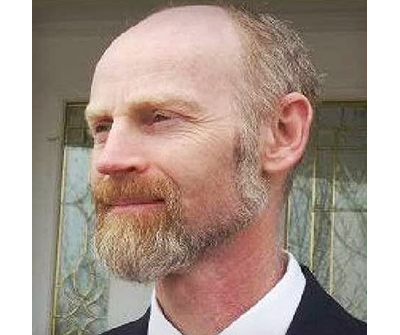
George School Trustee Peter Vari p ’96, ’08 got his taste for innovation in the 1960s when, as a 14-year-old boy in Soviet-influenced Hungary, he stumbled upon a TV show that introduced him to a love for learning on which he built his life-long career in entrepreneurship.
“I am going to take you back to the 1960s,” said Peter. “School was out, and I was at home, bored out of my mind because there was nothing to do. One day, I turned on the TV and found an educational show where a science teacher explained the basics of electricity, and what it can be used for. They were showing us how to control an elevator to find the optimal way to stop and serve each floor request. It was a four-week course. I fell in love with the program. At the end of the show, the host gave homework that he would review at the beginning of the next episode. I was never a good student, but I actually did this homework because I loved the subject. That translated to work in a machine shop upon my arrival to the United States. They were building machines but did not know how to control a particular milling machine. I realized that it went through various stops and functioned a lot like an elevator system. Here I was in 1981 starting a new life in a new country designing machine controls based on what I learned at age 14.”
Peter is an engineer by training and has always had an interest in innovating and creating. What he found early on, is that while working for organizations as an engineer was exciting and rewarding, he never felt that he could deploy his full potential.
An opportunity presented itself in the 1990s when he was running a machine building division for a corporation. The leadership decided to shut down the division but had a predicament. They had to figure out how to get out of that segment of the business without losing their customers. Peter, who realized that he wanted to have his own business, took that opportunity to negotiate with the management to take all of the existing customer relationships and support them in a company that he would create, giving him the chance to use his creativity to become an entrepreneur.
“Creation for common good was always part of my life,” said Peter. “Entrepreneurship is about building a business that creates value, whether that is monetary value or social good value. Creating new value comes by looking at things differently and through a lens of invention. What is new? What is the value that I bring to that situation that does not yet exist?”
Being a successful entrepreneur has not come without its challenges. “I was not prepared to be an entrepreneur,” said Peter. “The technical knowledge was there, and the machines we were creating worked well, but all the other aspects that come along with creating a new entity were unknown to me. It took a lot of effort, and I was learning things the hard way. The new entrepreneurship course offered at George School is a fantastic and exciting way of showing, teaching, and practicing the basic skills of entrepreneurship. I really want to be fifteen years old again and enroll in this course. It would have saved so many headaches for me.”
“However, some aspects of being an entrepreneur cannot be learned,” continued Peter. “If you are an entrepreneur, you have a vision, and see the world differently. You have a drive. Innovation is in your mind. These things come from inside and there is no school for them. What the entrepreneurship course at George School does is help students take their ideas and apply them to real-world situations.”
“It is a not a huge secret that most new businesses fail within five years. That is OK because failing is a great learning experience. Every business I have started came with its large and small failures. I took every opportunity to learn and improve and tried not to repeat mistakes. After one incident involving one of my machines, I learned the importance of being demanding and that it was ok to seek perfection in my expectations.”
Every business venture comes with stressful moments and moments of pride. Luckily, Peter had more moments of happiness than bad moments. “My wife used to run and talks a lot about the runners high when you reach a point in the running when you start levitating. For me, inventing new products gave me that feeling,” explained Peter. “I design and create new machines and mechanisms in my head first. I saw them running and saw what would work and would not work in my head. The real fun happened when the machine did not work properly in the way that I envisioned it. It became a problem that I needed to solve.”
Entrepreneurs are always looking for the next idea and continue innovating, even when they are already working on a business. “In 2009, I exited the machine building business and started a brand-new venture with a partner doing photovoltaic solar panel installation. That was when the Obama administration put financial incentives to increase solar generation in the US. We were really excited about a new venture that had such a vivid and direct contribution to social good. We built a solar installation firm first, grew the venture, and I realized that the framework to install the solar panels was crude and rudimentary. I invented a new solar framework, and we started a new company just to produce that product, which we sold to other solar installers. We suddenly had two companies for installation and solar racking. Both grew so much, so we opened a third company, which was a real estate business, where we purchased commercial real estate for these two companies and rented out space to other companies.”
For Peter, the basic foundation of being an entrepreneur is flexibility, innovation, seeing things differently, recognizing opportunities, and being able to evaluate the opportunities. “When I was building the racking business, I had to ask myself ‘How do you let the world know you exist? How do you start selling?’ I read six books on selling and created my own sales programming based on a combination of methods and started to hire salespeople and train them. One of the hardest things to do is cold calling. You have about ten seconds to generate interest so the first sentence you say has to be powerful.”
Peter shared some words of wisdom for the aspiring entrepreneurs at George School. “I would emphasize two main ideas—be passionate about what you want to do and learn as much about entrepreneurship as you can. The passion should be without blinders and never stop learning. An entrepreneur’s motivation to start a new business cannot be about money. If you enter into a business with the goal to become rich, you will not enjoy the ride. If you learn and excel at whatever your passion is, everything else falls in place. Money, success, or fame will follow, but none of those are proper motivators to go into business.”


 Joellen Paget Gillon (2015)
Joellen Paget Gillon (2015) Caroline Hedde (2019)
Caroline Hedde (2019) Alejandra Carranza (2022)
Alejandra Carranza (2022) Dr. Mariam Mahmud (2020)
Dr. Mariam Mahmud (2020) Indira Rodrigo (2008)
Indira Rodrigo (2008)
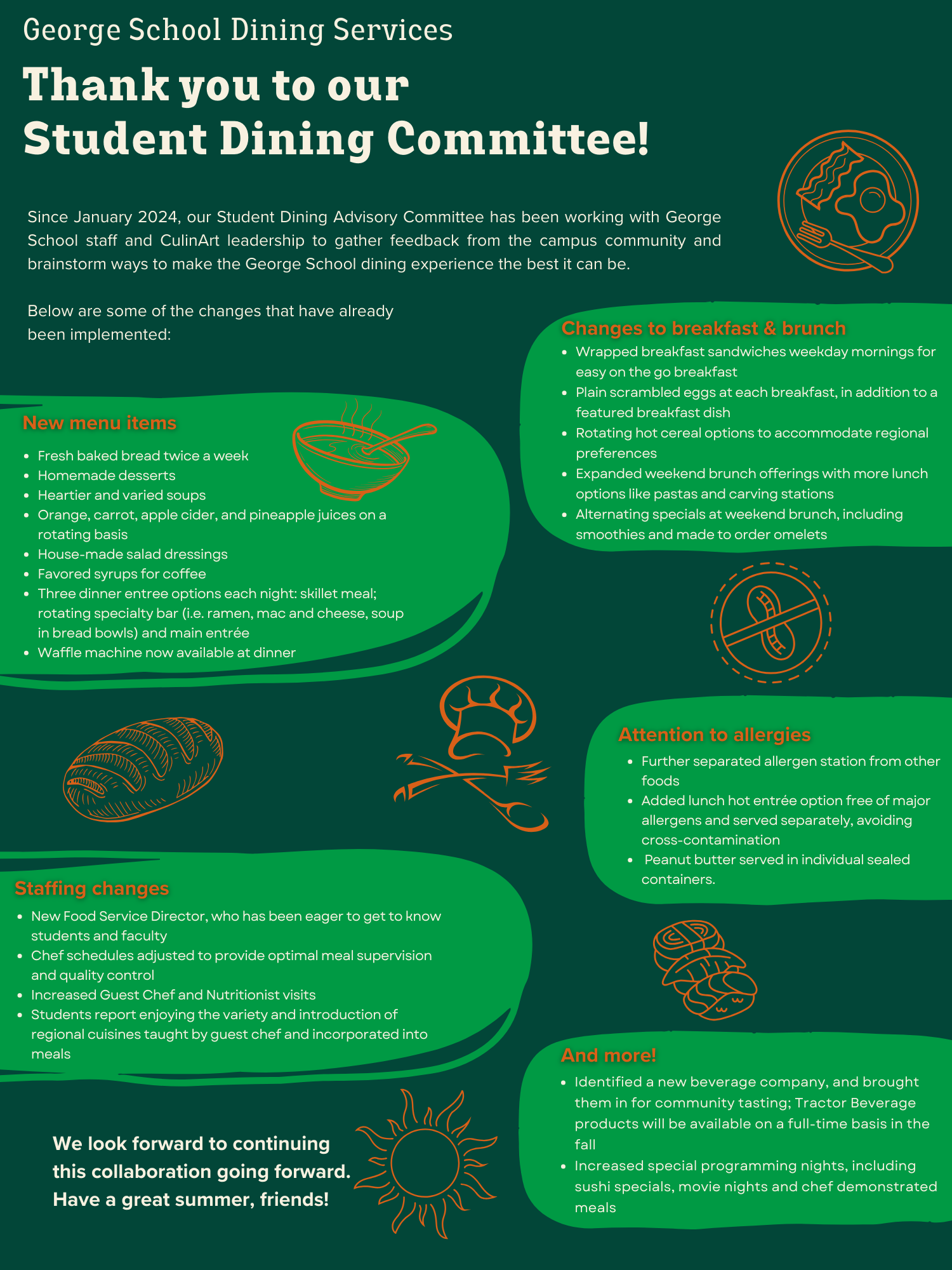




 Monastir, Tunisia, and Amman, Jordan
Monastir, Tunisia, and Amman, Jordan Irvine, CA
Irvine, CA Feasterville-Trevose, PA
Feasterville-Trevose, PA New Hope, PA (Previously NYC)
New Hope, PA (Previously NYC) Richboro, PA
Richboro, PA Englewood, NJ
Englewood, NJ Ningbo, Zhejiang, China
Ningbo, Zhejiang, China Willingboro, NJ
Willingboro, NJ Yardley, PA
Yardley, PA Newtown, PA
Newtown, PA Holicong, PA
Holicong, PA Newtown, PA
Newtown, PA Hamilton, NJ
Hamilton, NJ Yardley, PA
Yardley, PA Lambertville, NJ
Lambertville, NJ Chongqing, China
Chongqing, China Pennington, NJ
Pennington, NJ Yardley, PA
Yardley, PA Bensalem, PA
Bensalem, PA Borgota, Colombia
Borgota, Colombia Newtown, PA
Newtown, PA Burlington, NJ
Burlington, NJ Langhorne, PA
Langhorne, PA Princeton, NJ
Princeton, NJ Langhorne, PA
Langhorne, PA New York City, NY
New York City, NY New Hope, PA
New Hope, PA St. Catharines, Ontario, Canada
St. Catharines, Ontario, Canada Providenciales, Turks and Caicos Islands
Providenciales, Turks and Caicos Islands Willingboro, NJ
Willingboro, NJ Princeton, NJ
Princeton, NJ
 Newark, NJ
Newark, NJ Trenton, NJ
Trenton, NJ Newtown, PA
Newtown, PA








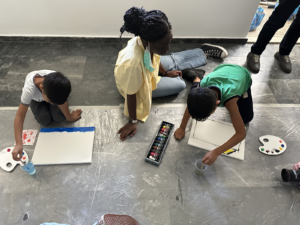









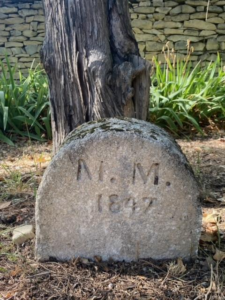
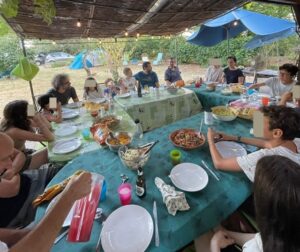

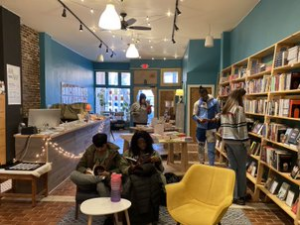



 Lawrence, NJ
Lawrence, NJ Seoul, South Korea
Seoul, South Korea
 Milwaukee, Wisconsin
Milwaukee, Wisconsin Pennington, NJ
Pennington, NJ Jenkintown, PA
Jenkintown, PA Ottsville, PA
Ottsville, PA Yardley, PA
Yardley, PA Providenciales, Turks and Caicos Islands
Providenciales, Turks and Caicos Islands Hopewell, NJ
Hopewell, NJ
 Pottstown, PA
Pottstown, PA Playa del Carmen, Quintana Roo, México
Playa del Carmen, Quintana Roo, México Shanghai, China
Shanghai, China Beijing, China
Beijing, China Yardley, PA
Yardley, PA Beijing, China
Beijing, China Holland, PA
Holland, PA Langhorne, PA
Langhorne, PA Ringoes, NJ
Ringoes, NJ New Hope, PA
New Hope, PA Dreshner, PA
Dreshner, PA Yardley, PA
Yardley, PA Yardley, PA
Yardley, PA PA
PA


 Xi’an, China
Xi’an, China





